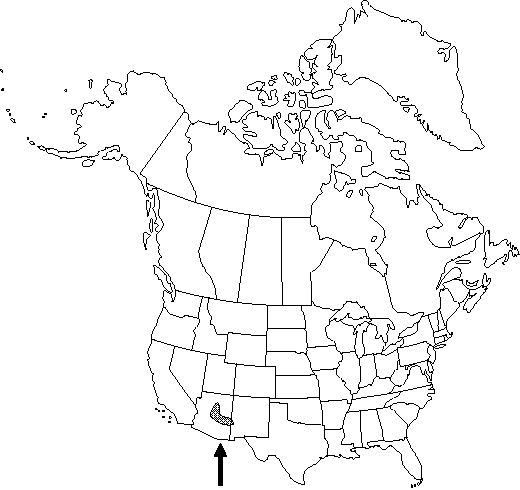Delphinium geraniifolium
Bull. Torrey Bot. Club 26: 583. 1899.
Stems 60-100 cm; base reddish, puberulent, midstems pubescent. Leaves mostly on proximal 1/3 of stem; basal leaves (0-) 2-7 at anthesis; cauline leaves 12-20 at anthesis; petiole 1-14 cm. Leaf-blade dark green, at least adaxially, fan-shaped to reniform, 2-5 × 3-7 cm, pubescent, especially abaxially; ultimate lobes 5-15, width 4-15 mm (basal lobes 5-15 mm), apex abruptly tapered, usually mucronate; veins prominent. Inflorescences 20-90-flowered, dense, cylindric; pedicel ascending to spreading, 1-2 cm, puberulent; bracteoles 1-2 mm from flowers, green, linear, 4-6 mm, puberulent. Flowers: sepals dark blue to purple, puberulent, lateral sepals spreading to slightly forward pointing, 10-14 × 3-5 mm, spurs ascending 20-70°, truncate or downcurved apically, 12-15 mm; lower petal blades slightly elevated, ± exposing stamens, 4-6 mm, clefts 0.5-2 mm; hairs sparse, local below junction of blade and claw, scattered on margins, white. Fruits 13-18 mm, 3-3.5 times longer than wide, puberulent. Seeds unwinged; seed-coat cells with margins straight, surfaces ± roughened. 2n = 16.
Phenology: Flowering summer.
Habitat: Heavy clay soil, dry meadows in coniferous woods
Elevation: 1800-3400 m
Distribution

Ariz., N.Mex.
Discussion
Delphinium geraniifolium is a more pubescent analog of the closely related D. scopulorum, the former occurring in heavier soils at higher elvation.
Selected References
None.
Lower Taxa
"entire" is not a number."thin" is not a number.